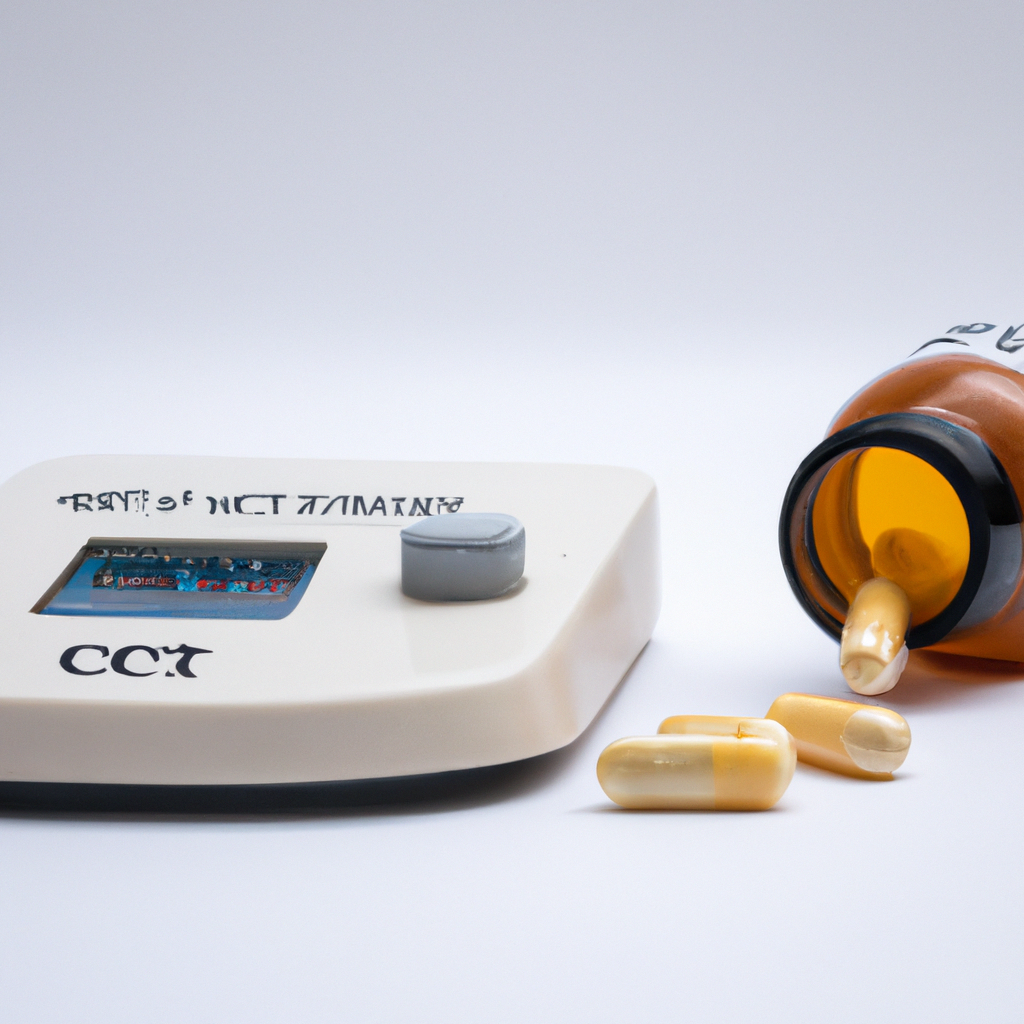Shares of Novo Nordisk and Eli Lilly dropped following positive trial results from Swiss pharmaceutical company Roche for its experimental weight loss pill.
Roche announced early Wednesday that its weight loss pill CT-996 helped patients achieve an average weight loss of 7.3% after four weeks in an ongoing early-stage trial.
“We are pleased to see the clinically meaningful weight loss in people treated with our oral GLP-1 therapy CT-996, which could eventually help patients address both chronic weight management and glycaemic control indications,” said Levi Garraway, Roche’s chief medical officer, in a press release.
Following the news, Roche shares rose by 6%, while Novo Nordisk and Eli Lilly stocks fell by 4% and 3%, respectively.
Roche is among several pharmaceutical companies vying to challenge the current weight loss drug dominion held by Novo Nordisk and Eli Lilly, known for their drugs Ozempic, Wegovy, and Zepbound, respectively.
Morgan Stanley analysts project that the global market for these GLP-1 treatments will reach $105 billion by 2030.
Earlier this year, Roche acquired Carmot Therapeutics for $2.7 billion, a deal that included CT-996 and other weight loss drug candidates.
In May, Roche reported that patients taking CT-388, a weekly injection, experienced an average weight loss of 18.8% after 24 weeks.
Other pharmaceutical companies, including Novo Nordisk and Eli Lilly, are also developing oral GLP-1 drugs. These weight loss pills could appeal to those hesitant about injections as well as help ease current supply limitations.
Novo Nordisk’s Amycretin helped users in an early-stage trial lose an average of 13% of their body weight over 12 weeks. Eli Lilly’s Orforglipron helped people lose nearly 15% of their weight after 36 weeks in a phase 2 trial.
A small clinical study found that patients taking a daily dose of Structure Therapeutics’ experimental weight loss pill GSBR-1290 lost an average of 6.2% of their weight, adjusted for placebo, after 12 weeks.
